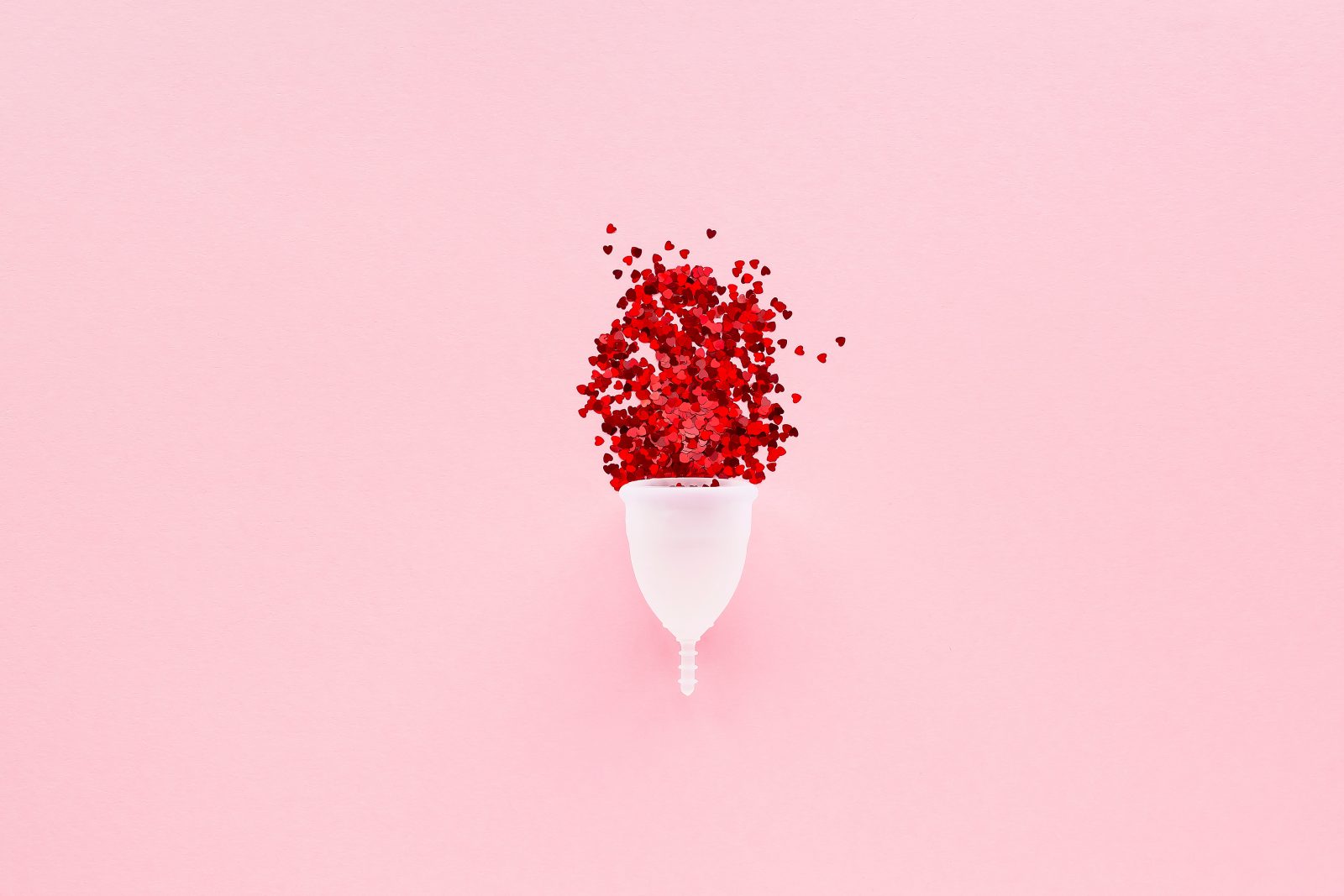Menstruation Myths? Menstruation, a natural biological process experienced by about half of the world’s population, is surrounded by numerous misconceptions. In this article, we debunk some of the most common myths related to menstruation.
As of 2017, the global population stands at 7.53 billion, with approximately 3.73 billion individuals born with female reproductive anatomy. Nearly all of these individuals have, are currently, or will experience menstruation—also known as having a period. During the menstrual cycle, the uterus sheds mucosal tissue and blood through the vagina.mPeriods typically last from 3 to 7 days and typically occur every 28 days, although cycle lengths can vary. Despite its widespread occurrence, many misunderstandings about menstruation persist.
Various cultures continue to stigmatize menstruation, labeling period blood as “impure” or “unclean,” and treating the topic as taboo. For instance, while the practice is largely prohibited, some communities, as seen in recent incidents in Nepal, still use “menstruation huts,” where menstruating women are secluded during their period. Beyond extreme cases like this, numerous smaller myths and misconceptions about menstruation persist worldwide.
Explore this article to uncover some of the most prevalent misconceptions and learn why they are inaccurate.
Sex During Your Period
One of the most common misconceptions about menstruation revolves around having sex while on your period. A major misconception is the belief that you cannot become pregnant during menstruation.
However, this idea is completely false. While menstruation is generally considered a less fertile time for most individuals, fertility depends on the length of their menstrual cycles. The highest fertility occurs during ovulation, which usually happens around 12 to 16 days before the next period starts. This is when the ovaries release eggs. Although many menstrual cycles last about 28 days, some can be shorter, around 21 days, affecting the timing of ovulation. Additionally, sperm can survive within the reproductive tract for up to 5 days, or even up to 7 days according to some sources.
This means that if you engage in unprotected vaginal sex during your period, sperm could remain viable long enough to meet an egg during ovulation, leading to pregnancy. Furthermore, having sex without a condom during menstruation increases the risk of sexually transmitted infections (STIs), including HIV, and yeast infections due to hormonal changes during this time. Engaging in vaginal-penile sex during menstruation might also lead to inflammation of the penis head, known as “balanitis.”
Nevertheless, if you take proper precautions to prevent unwanted pregnancy and STIs, there’s no reason to avoid sexual activity during your period. In fact, sex can help alleviate cramps and improve your mood.
Unsafe Period Skipping
Another common myth suggests that it’s unsafe to use birth control pills to skip your period for an extended period of time. However, recent guidance from the National Women’s Health Network reveals that it’s perfectly fine to suppress menstruation using birth control pills, a view shared by most gynecologists who find this approach generally safe.
In fact, some experts argue that beyond their reproductive role, periods might not be necessary and could bring more inconvenience than benefits. For instance, James Segars, a specialist from Johns Hopkins University, stated that while a monthly period can offer reassurance, it’s not essential.
For many, menstrual symptoms can be severe, affecting daily life with heavy bleeding, intense pain, migraines, and nausea. Individuals dealing with painful periods or conditions like endometriosis might choose, alongside their doctors, to skip periods to enhance their health and well-being.
Not taking a bath
There’s a misconception that taking a bath or shower during your period is unsafe, either due to worries about hot water causing bleeding or stopping it. However, hot water can actually help alleviate menstrual cramps and relax muscles.
Immersion in water won’t stop bleeding, but water pressure might briefly hinder blood flow from the vagina. Bathing or showering during your period is perfectly safe and might even boost your mood and ease symptoms.
Using mild, unscented soap and water is better for cleaning the vulva than wipes or fragranced products, as these can disrupt the delicate genital bacterial balance, leading to potential infections.
Also, having a warm bath offers other health perks. A study highlighted last year suggested that baths might reduce inflammation and enhance blood sugar levels.
About Syncing Periods
A common question around periods is whether they can truly sync up. For instance, if two or more women spend a lot of time together, like roommates, will their periods coincide?
One person, talking to MNT, shared that she learned about period syncing in school and was still curious about its accuracy. She explained:
“I first heard about period syncing a long time ago when I was in an all-girls school. Later, when I lived with [my two female roommates], I noticed our periods seemed to align. [Another friend] mentioned it could be because of an alpha female releasing hormones that affect other women’s cycles.” So, is there any truth to this? Many of us might have experienced “period syncing” in school, work, or living situations.
The idea of “period synchrony” emerged as a scientific concept in a 1971 Nature article. It suggested that women who lived closely together, like college dorm roommates, experienced synchronized menstruation. The authors believed this was due to “exchanging” pheromones, leading to this effect. However, later studies raised doubts about the 1971 research’s methods. They pointed out flaws and factors that weren’t considered. These studies couldn’t replicate the original findings. More recent research didn’t find menstrual synchrony among college roommates.
Now, experts tend to see the idea as a myth, with any synchronization likely happening by chance. Alexandra Alvergne, an associate professor in biocultural anthropology at the University of Oxford, mentioned that humans prefer exciting explanations and meaningful connections over randomness.
Clearing Up Tampon Myths
Let’s address some persistent misunderstandings related to using tampons to manage period blood. Inserting a tampon into the vagina may raise concerns for some people, primarily worries about potential harm.
A common fear is that inserting a tampon might break the hymen, which is sometimes considered a “sign of virginity.” However, the hymen is a flexible membrane that lines the vaginal opening. It doesn’t typically block the opening; otherwise, menstrual blood and other discharges couldn’t exit the body naturally. This would require surgery to fix, which is not the case.
Since the hymen is stretchy, inserting a small object like a tampon won’t cause tearing. Additionally, during menstruation, blood provides lubrication, making tampon insertion comfortable when done correctly. If insertion feels uncomfortable, using a lubricant can help. Remember to change tampons regularly, following recommendations (around every 4-8 hours), as failure to do so could lead to toxic shock syndrome. Another myth pertains to tampons getting lost inside the vagina. This isn’t true because there’s no place for them to disappear. The cervix, located at the top of the vagina, has a small opening that a tampon cannot penetrate.
Vaginas are about 3.77 inches (9.6 centimeters) deep on average, and tampons have strings for easy removal. So even if a tampon seems to move up slightly, the string remains accessible, allowing you to gently pull it out.
If you come across uncertain or alarming information, consult a nurse or doctor who can verify it. Myths and misconceptions have no place in accurate healthcare information.
















Find Us on Socials